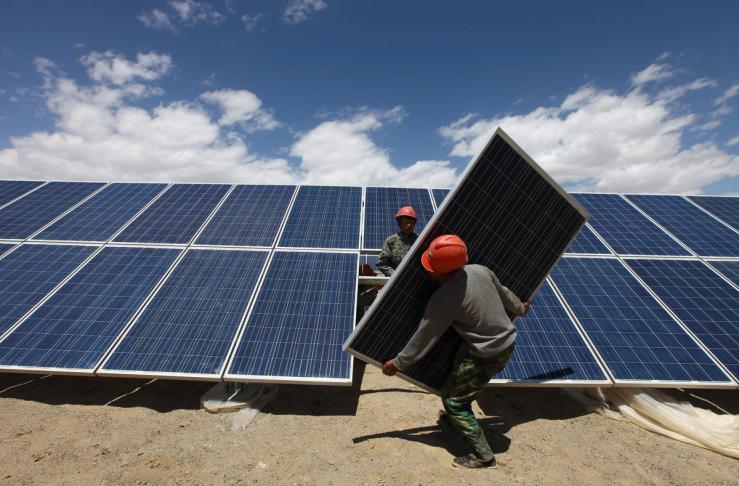That was a message that came through in many of yesterday’s conversations at our World Economy Summit in Washington, DC: When it comes to the future of energy, the best solution is the one that can get built most quickly.
“Speed to power is absolutely the driving force” for tech companies looking at options to run their data centers, Brian Melka, CEO of the energy hardware manufacturer Rehlko, told me. Nick Chaset, CEO of Octopus Energy US, argued that solar and batteries are the fastest electrons available; White House energy official Jarrod Agen said he’s working overtime to make gas equally time-competitive (but at a slower pace for now, because of the government shutdown). Sarfraz Maredia, head of autonomous mobility at Uber, said access to electricity has become a critical bottleneck on the rapid deployment of AI-driven cars. And for Carlos Cuerpo, economy minister of Spain, renewables were the key to a quick recovery from blackouts earlier this year.
I’ve got nothing against speed. And there’s no question that the winners of the future energy economy will be those who move most swiftly to seize new technologies and markets; just look at China. AI innovation is moving much faster than power infrastructure can be built.
But the tricky thing with energy hardware is that once it’s built, it tends to last for decades. So the frantic pace of decision-making today risks locking in emissions tomorrow; some of Melka’s data center clients are happy to run on gas or even diesel generators and save their sustainability goals for some other time. So for the clean energy transition, the loudly ticking clock could be a bigger threat than Big Oil lobbyists ever were.




